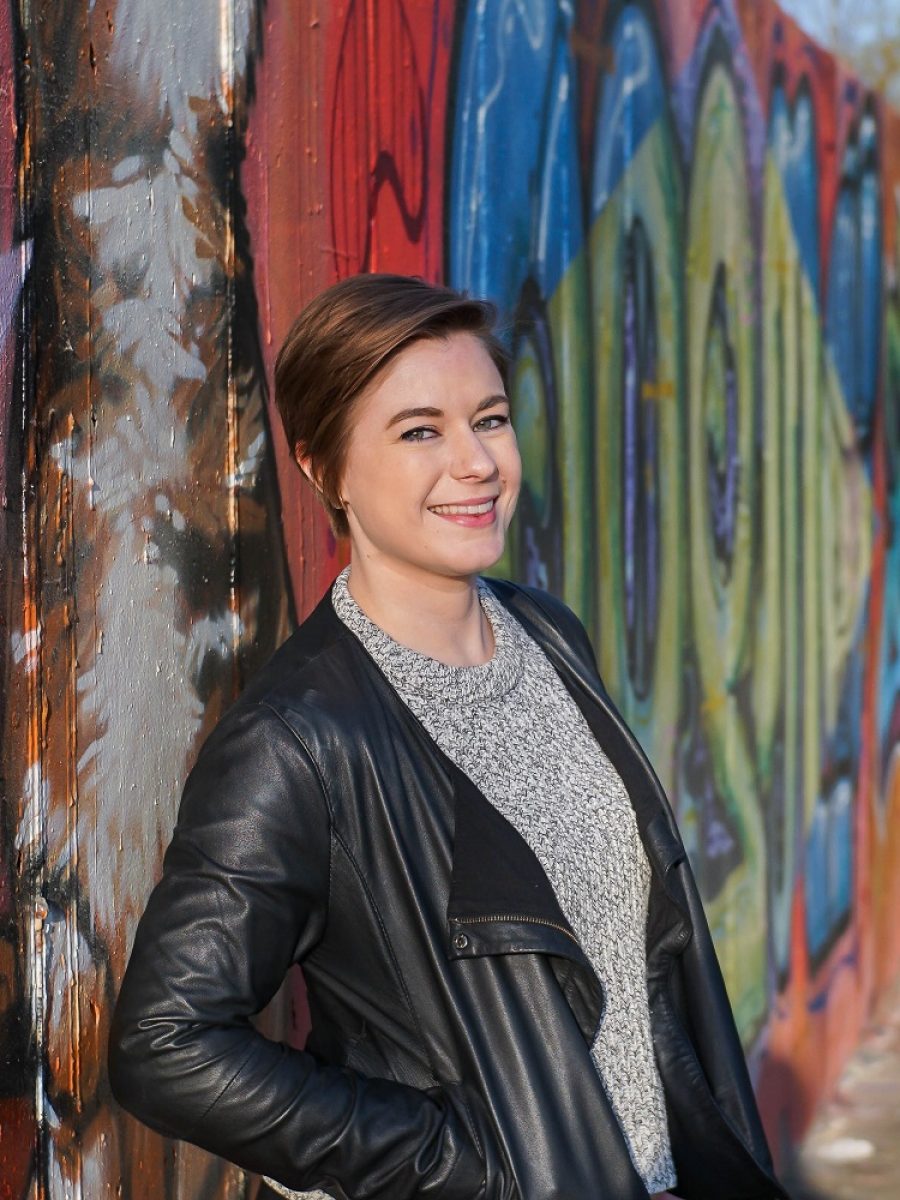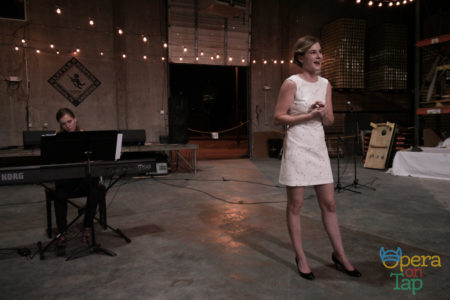
Charlotte Ulrich
Vocal Performance 2015
Associate,
IQ Talent Partners, a Nashville-based tech recruiting company founded by two Vanderbilt graduates (www.iqtalentpartners.com)
What does a typical day look like in your career?
I like what I am doing because every day is pretty different working in tech. I’m an associate, so I spend most of my time sourcing, meaning you are given a role and you start searching for candidates to fill that role. I speak with candidates one-on-one over the phone, learning about their work history, etc. I love working with people and help them grow their careers while still being in the fast-paced tech field that I was in before, so that’s why I chose this position. It’s a combination of independent work and work within our small team.
Do you feel that Blair prepared you for what you’re doing now?
Having a really well-rounded background is huge, no matter what career you go into. One of the reasons I picked Vanderbilt specifically is because I wanted a really well-rounded degree in liberal arts as well as music education. In addition, I do a fair number of presentations, so the amount of performance I did in undergrad helped prepare me for that and not be nervous. Also, all of the ensembles (I participated in) helped me understand how to work on a team and support a team, so there are a lot of similarities in the skills I obtained through music studies.
Are there things you incorporate in your daily work that you learned here, maybe from a faculty member or a master class you participated in?
The first thing that comes to mind is Joshua McGuire’s “Meditation for Musicians ” — the practice of mindfulness. When I was in that class it was so hard to turn my brain off, because I was so busy as a student. Now I still find myself going back to his practice and teachings of mindfulness. You have to be able to shut out intrusive thoughts when you’re focusing on one task.
Private lessons and ensembles gave me a lot of experience of working and being accountable toward teammates, and that is extremely beneficial in my current work environment. Also, experience in the practice room helps me in what I’m doing now — having the ability to buckle down and get things done independently and having the discipline to do so. These experiences have all been a big part of what I’m doing now.
 What routines, ideals or practices do you think are most important in maintaining a successful music career or balance between both careers?
What routines, ideals or practices do you think are most important in maintaining a successful music career or balance between both careers?
Mindfulness is a really big one. Being able to self-assess and being very self-aware of what you’re working on. “Is this making me happy?” Looking ahead to the future. self-assessing now is very important. When you’ve graduated and are working, you need to be able to look inward to see what’s bringing you joy and what you should you be putting your time into. I manage Opera on Tap in addition to working at IQ Talent Partners. Both opportunities take up time but don’t take up my energy because I enjoy both.
Also, flexibility — the ability to quickly change gears. That was another thing I learned at Vanderbilt. I was working on so many different projects and developed an ability to switch gears quickly. This is extremely useful in a fast-paced career such as tech.
What advice do you have for students interested in being a music major and going on to pursue a career in music or something else?
My biggest advice is to keep an open mind. When looking at your options for the future, it’s always great to put yourself out there for a lot of different things and then see what fits. When I was a senior, I auditioned to a bunch of graduate schools for music, and then I realized that wasn’t the right next step for me, so I started applying to jobs all over the place in a lot of different categories.
There is no reason not to try something and not put yourself out there. You’ll still get experience, and you actually might be what companies are looking for. Putting yourself out there is the best thing to do, and that applies to a career in music, as well. Always be able to be honest with yourself and keep an open mind to new opportunities. For me now, I was able to say: “I like people and I like working in tech,” so my current position was the perfect intersection of the two. Again, keeping an open mind really allowed me to embrace several opportunities, gain prior experience and finally land on this opportunity.
Is there anything that you know now that you wish you knew as a student?
One of my biggest regrets that I’d like to share is that I wish I’d worked more during breaks from school. I did work at the AIMS program in Austria, but I do wish that I had spent at least one summer just working and gaining work experience as well as saving some money. That would have been really valuable to me, in a lot of ways, down the road. I think it’s really popular sometimes to only look at prestigious internships, when really any work experience is going to be helpful down the line.
This is more advice for non-Blair students: Just in general, make sure you reach out to professors who you really like and make genuine connections that way. I was happy I did a lot of that, but you can always do more. At Blair, we always have a great relationship with our primary instrument teacher, but you may have other classes that you don’t have as much one-on-one interaction — reach out to those teachers, because they can be great connections throughout school and down the road.